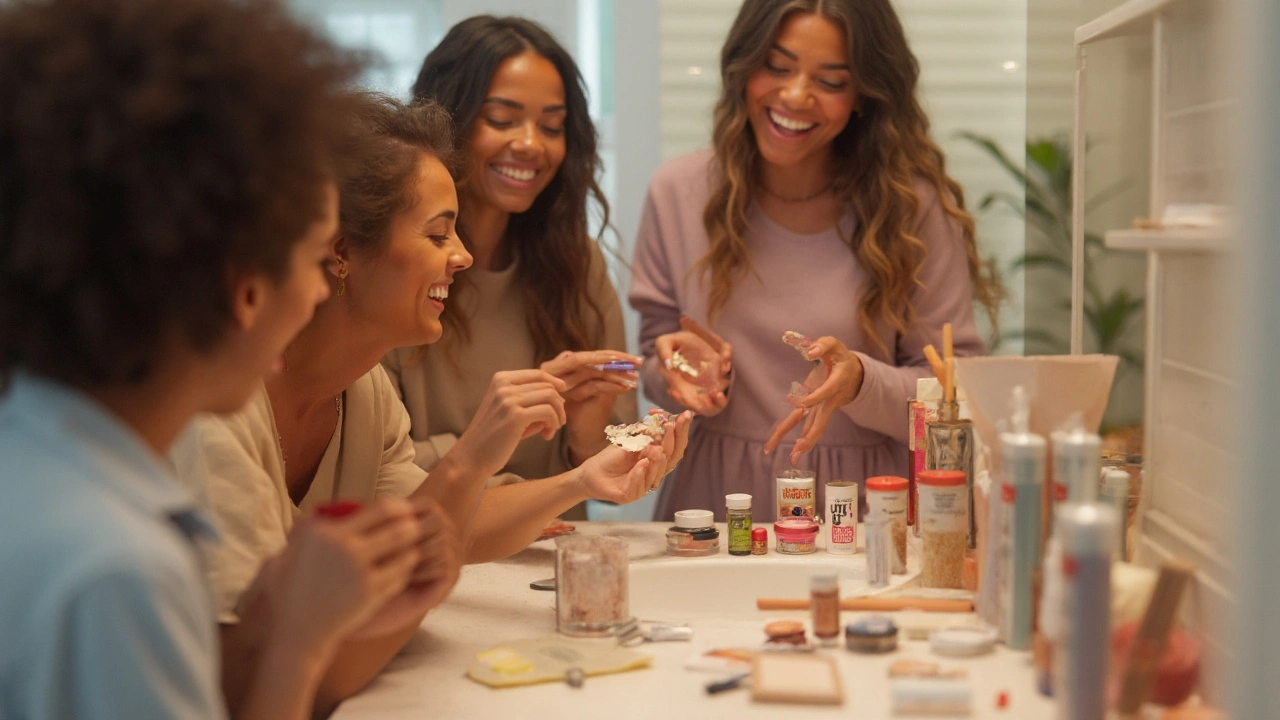Drugstore Cosmetics: How to pick smart, budget-friendly products
Drugstore cosmetics can give you great results without breaking the bank. The trick is knowing which ingredients matter, what to skip, and when a pharmacy product outperforms a luxe brand. This page collects clear, practical tips so you shop smarter, avoid irritation, and get the most value for your money.
How to pick the best drugstore products
Start by matching products to your skin type. If your skin is dry, look for moisturizers with hyaluronic acid, glycerin, or ceramides. If you’re oily or acne-prone, search for lightweight, non-comedogenic formulas and actives like salicylic acid (usually 0.5–2%) or benzoyl peroxide (2.5–10%). Want an all-rounder? Niacinamide helps with shine, texture, and redness.
Read the ingredient list. The first few ingredients tell you the most about how a product will feel and work. Skip long lists of unknown chemicals when you can’t identify the actives. Watch out for strong fragrances if you’re sensitive — fragrance is a common cause of irritation.
Pay attention to active concentrations. Some drugstore items list active percentages on the label. That helps you compare efficacy without guessing. For example, a sunscreen that lists SPF 30 and "broad spectrum" protection is better than a bottle that offers vague claims.
Use reviews strategically. Look for reviews from users with your skin type and concerns. One-star and five-star extremes can be noisy; focus on consistent points across many reviews.
Quick tips for safe, effective use
Patch test new skincare on the inside of your wrist or behind your ear for 48 hours. If redness or burning appears, stop using it. Don’t mix strong actives without a plan — layering benzoyl peroxide and retinol can cause excess dryness. Instead, use them on alternate nights or follow guidance from a pharmacist or skincare pro.
Check expiration dates and store products properly. Sunscreens and vitamin C serums oxidize faster when exposed to heat and light. Keep them in a cool, dry place and replace opened products after the time period on the jar (often 6–12 months).
If you need a tailored product — say a face cream without a preservative you react to — a compounding pharmacy can make a custom formulation. That’s more common for medical or sensitivity issues than everyday beauty needs, but it’s an option if standard drugstore brands fail you.
Where to buy: local drugstores, pharmacy counters, and verified online retailers. Pharmacy staff can help with OTC actives like sunscreens and acne treatments, and many stores accept returns on opened makeup if you’re allergic.
Final quick checklist before checkout: match product to skin type, check key actives and their concentrations, avoid heavy fragrance if sensitive, patch test, and read multiple reviews from similar users. With a bit of attention, drugstore cosmetics can be reliable, affordable, and effective.
Best Drugstore Alternatives to Expensive Cosmetics: Budget-Friendly Beauty Swaps
- Lorcan Sterling
- 0 Comments
Discover drugstore products that replace costly cosmetics, save money, and maintain your beauty routine with affordable, top-rated beauty dupes.
Read more

